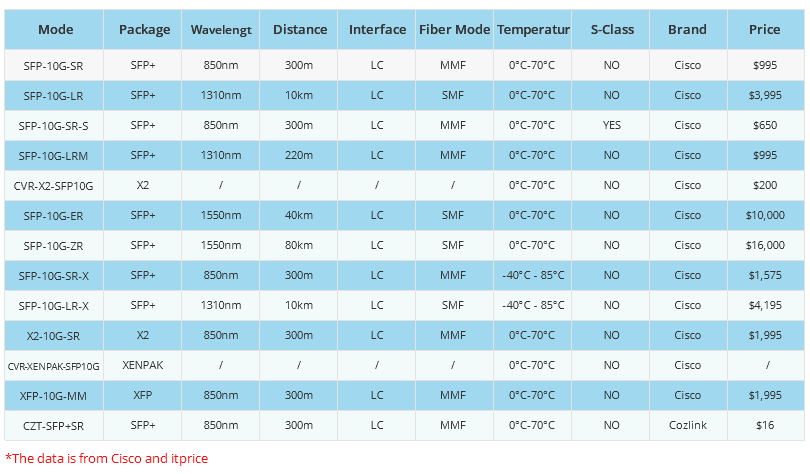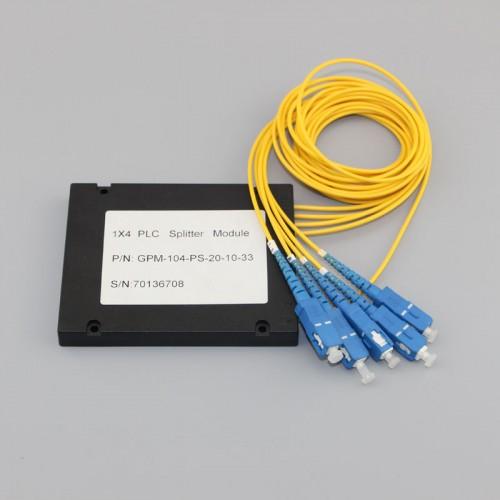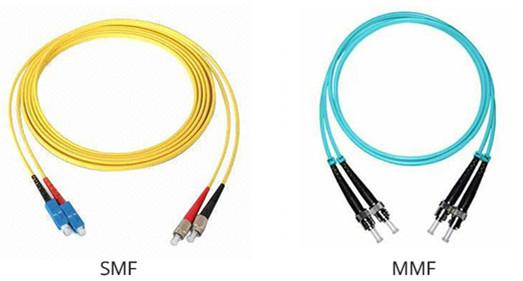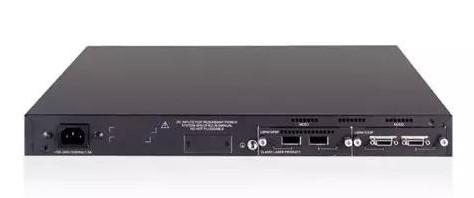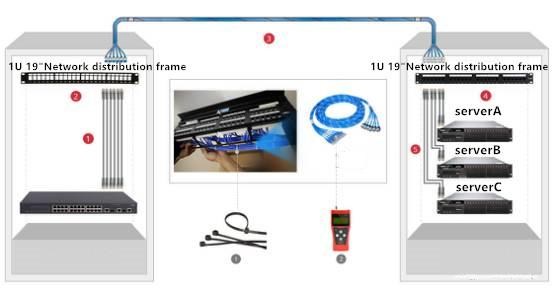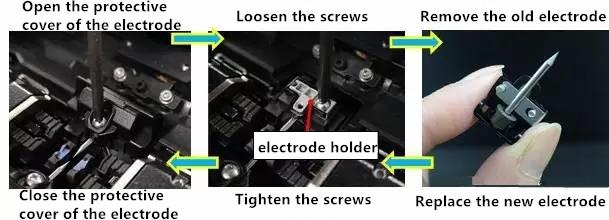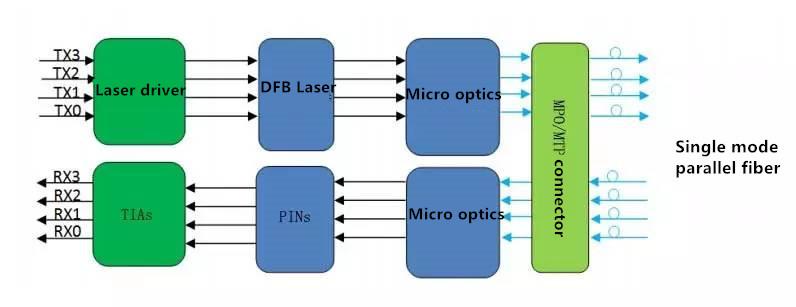- Related articles
- What is DWDM technology?
- 40GBASE-LR4 QSFP+ Transceiver Links: CWDM and PSM
- Optical Transceivers for Cisco WS-C3750G-48PS-E Switch
- The Difference between Single Mode Fiber and Multi mode Fiber
- Optical Transceivers for Cisco IE-2000-8TC-G-N Switch
- What is a transceiver module?
- Applicable to 10GBASE-LRL Standard Optical Transceiver Models
- Optical Transceivers for Cisco SG350XG-48T-K9-EU Switch
- Optical Transceivers for Cisco WS-C2960S-F48FPS-L Switch
- What is a transceiver used for?

PCI Express (Peripheral Component Interconnect Express), officially abbreviated as PCIe, is a high-speed serial computer expansion bus standard, designed to replace the older PCI, PCI-X, and AGP bus standards. PCIe has numerous improvements over the older standards, including higher maximum system bus throughput, lower I/O pin count and smaller physical footprint, better performance scaling for bus devices, a more detailed error detection and reporting mechanism (Advanced Error Reporting, AER), and native hot-plug functionality. More recent revisions of the PCIe standard provide hardware support for I/O virtualization.
The PCI Express electrical interface is also used in a variety of other standards, most notably in ExpressCard as a laptop expansion card interface, and in SATA Express as a computer storage interface.
Format specifications are maintained and developed by the PCI-SIG (PCI Special Interest Group), a group of more than 900 companies that also maintain the conventional PCI specifications. PCIe 3.0 is the latest standard for expansion cards that are in production and available on mainstream personal computers.
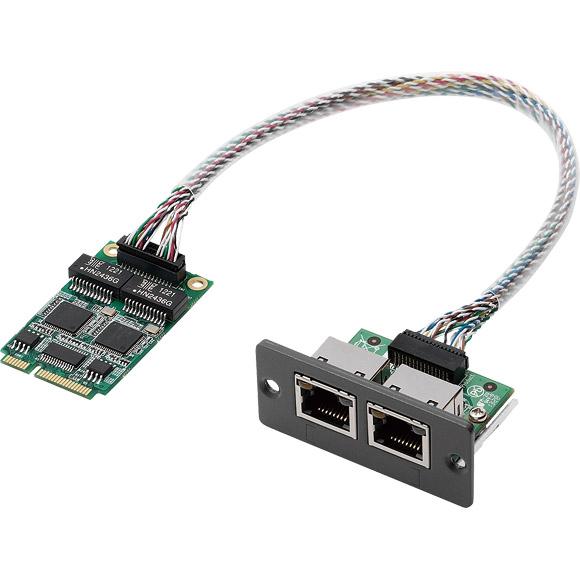
Mini PCI Express
PCI Express Mini Card (also known as Mini PCI Express, Mini PCIe, Mini PCI-E, mPCIe, and PEM), based on PCI Express, is a replacement for the Mini PCI form factor. It is developed by the PCI-SIG. The host device supports both PCI Express and USB 2.0 connectivity, and each card may use either standard. Most laptop computers built after 2005 use PCI Express for expansion cards; however, as of 2015, many vendors are moving toward using the newer M.2 form factor for this purpose.
Due to different dimensions, PCI Express Mini Cards are not physically compatible with standard full-size PCI Express slots; however, passive adapters exist that allow them to be used in full-size slots.
Mini PCIE Ethernet Intel
For PCs with PCI Express* (PCIe*) slots, the Intel Gigabit CT Desktop Adapter offers the newest technology for maximizing system performance and increasing end-user productivity. Specifically, the Intel Gigabit CT Desktop Adapter uses auto-negotiation to ensure the adapter runs at the highest available network speed (10, 100, or 1000 Mbps), and it maintains full bandwidth capacity with the dedicated bandwidth of a PCI Express input/output (I/O) bus to provide connectivity you can count on. Based on the low-power Intel Gigabit Ethernet Controller, this desktop adapter offers optimal performance in a low-cost, low-power, compact profile. Teaming support and an array of other advanced features enable customers to utilize this adapter as an entry-level server adapter as well.
Summary
Mini PCI Express Gigabit Network Adapter Card are perfect for small form factor or embedded systems that originally lack Gigabit networking capability, or for adding a network connection without taking up a full-sized PCI Express slots, this high quality Mini PCIe Network Adapter includes a low profile/half-height bracket for additional installation options.













































